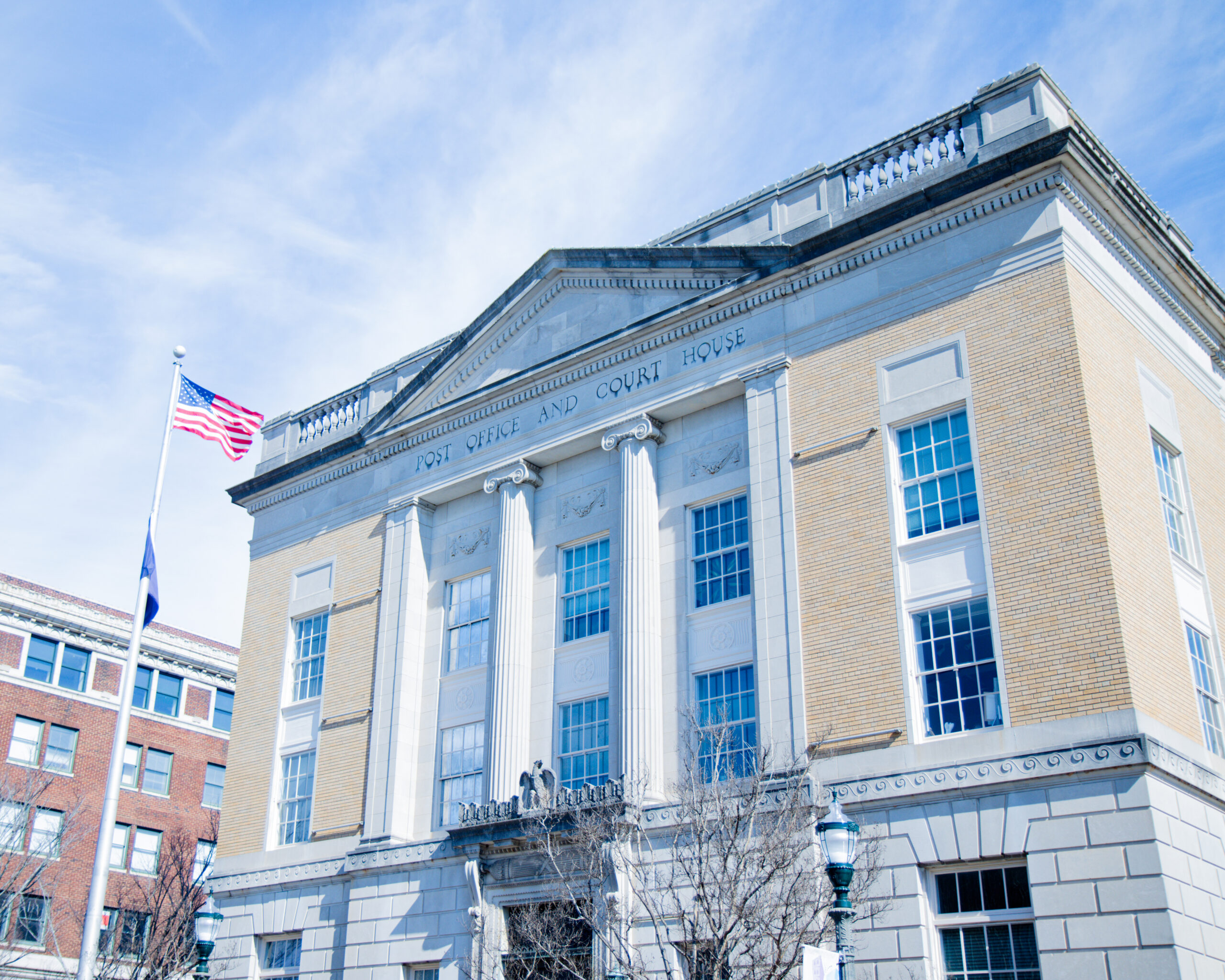During the 2020 presidential race, President Biden campaigned on a platform of progressive education policies that would provide for student debt relief and extensive changes to higher education. Now, Democratic leaders are demanding he deliver on his promises.
As a candidate, Biden promised to cancel student loan debt up to $10,000 via executive order to the Department of Education. However, as President, he has yet to make good on that promise. For many college-aged voters, this single issue was the deciding factor in their vote. Nearly 48 million Americans have been adversely affected by student loan debt, which has ballooned to over 1.6 trillion dollars.
In an effort to show voters that they are still focused on progressive issues despite the ongoing impeachment trial of Donald Trump, a group of Democratic legislators reintroduced a largely symbolic resolution to ease the burden of debt for students. On Feb. 4, Senator Elizabeth Warren, Senate Majority-Leader Chuck Schumer and Representative Ayanna Pressley supported the resolution and called for immediate executive action.
The measure taken by Democrats was previously passed by the last Congress and is a clear signal to President Biden, who previously said that he wanted to see congressional approval, that a more progressive education policy is on the docket.
Progressives and moderates alike have vociferously supported student debt relief as necessary changes to address racial disparities and unfair economic burdens. Even before COVID-19, expert economists have largely agreed that cancelling student debt for lower income families would boost economic growth for the United States and help mitigate income inequality for future generations.
Most GOP lawmakers, however, remain opposed to student debt relief at the public’s expense, maintaining that university administration officials burden students with superfluous expenses and worthless degrees for profit. Conservtive political pundits such as Tucker Carlson have also supported the idea that universities should share in the liability of student loans.
Dr. Christopher Van Aller, a political science professor and expert in international relations at Winthrop University, believes the U.S. should observe the examples set by social democratic countries and place a higher emphasis on education of its citizens rather than vastly outspending the militaries of foreign powers. He believes the state and the federal government should be expanding financial assistance for the students most in need.
“Foreign students in other countries don’t have remotely the kind of debt that American students do. There’s an effort on the part of our social democratic allies, like Canada, or Britain or Australia, to consciously not make students take on too much debt,” Van Aller said. “I certainly think that public higher education, of which Winthrop is a part, should have much more support from the state. A lot of people may or may not know that South Carolina is the third harshest state on basically stopping or restricting money from the state to college institutions. The United States is about 50 years behind other countries when it comes to thinking about higher education.”
A battle in congress will continue to be fought over whether education should be considered as a right for all Americans. Student debt relief will likely be at the epicenter of progressive policy-making for the foreseeable future and will face immense opposition from Republicans.
“I think some sort of massive debt relief is unlikely, because the Republicans will probably dig in their heels to anything that requests, you know, a meaningful bite out of that trillion dollar debt that students have accrued. So they will fight it, there’s no doubt about that,” Van Aller said. “Conservatives ask, should we continue to fund institutions that keep expanding all the time? I think that’s only one half of the argument. They keep expanding partly because they have to keep attracting students all the time and they’re competing with other [universities], because there’s no state funding. So it’s kind of a vicious cycle.”




